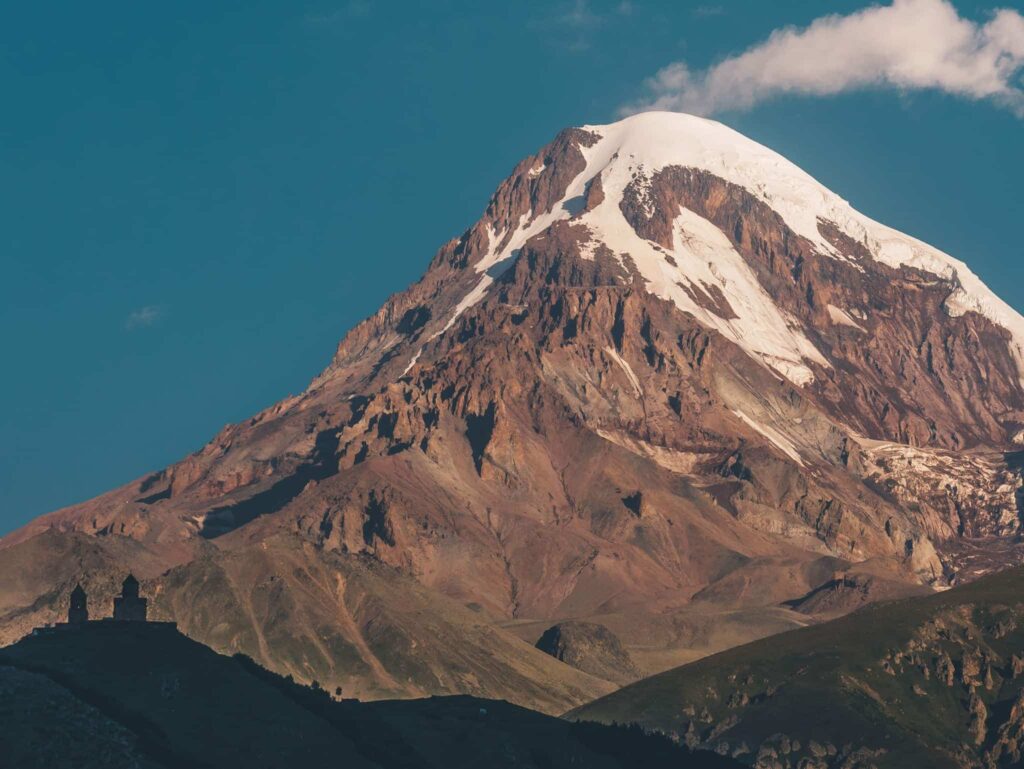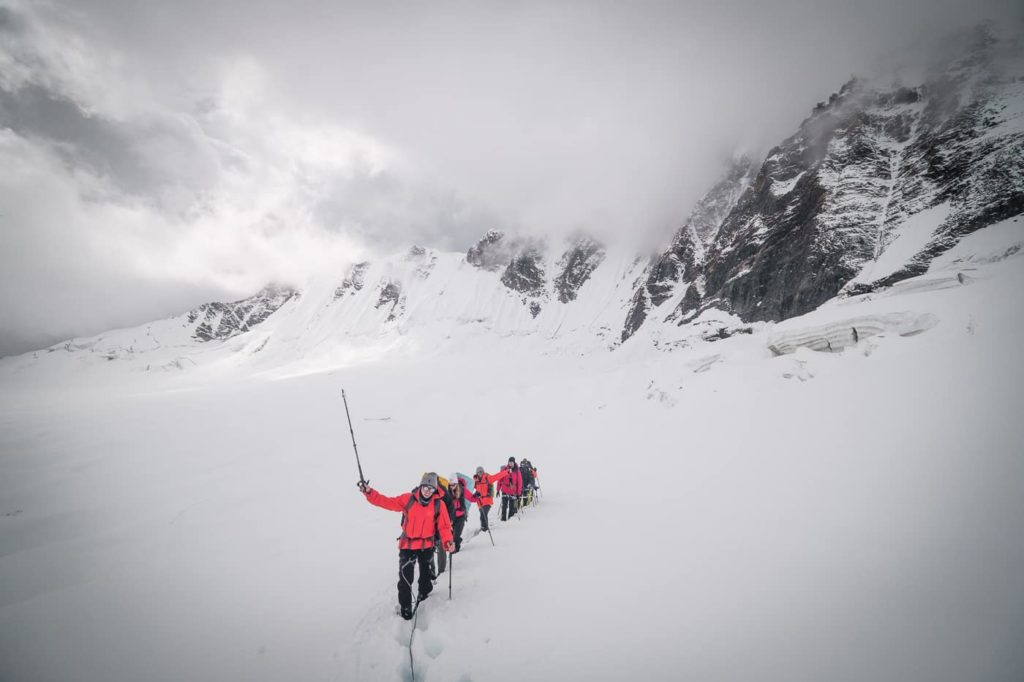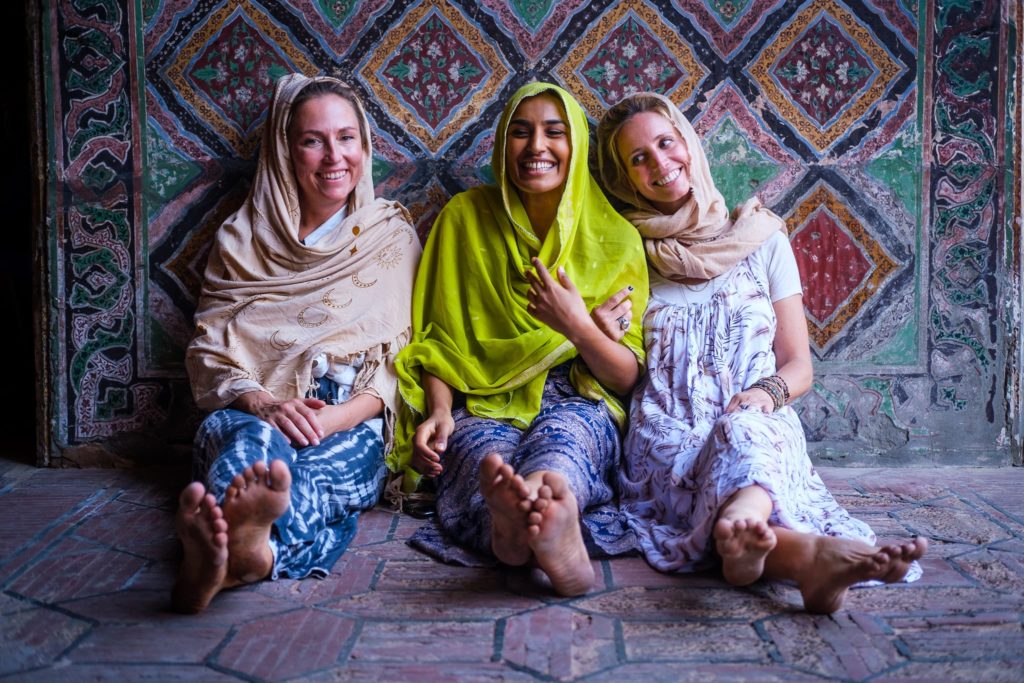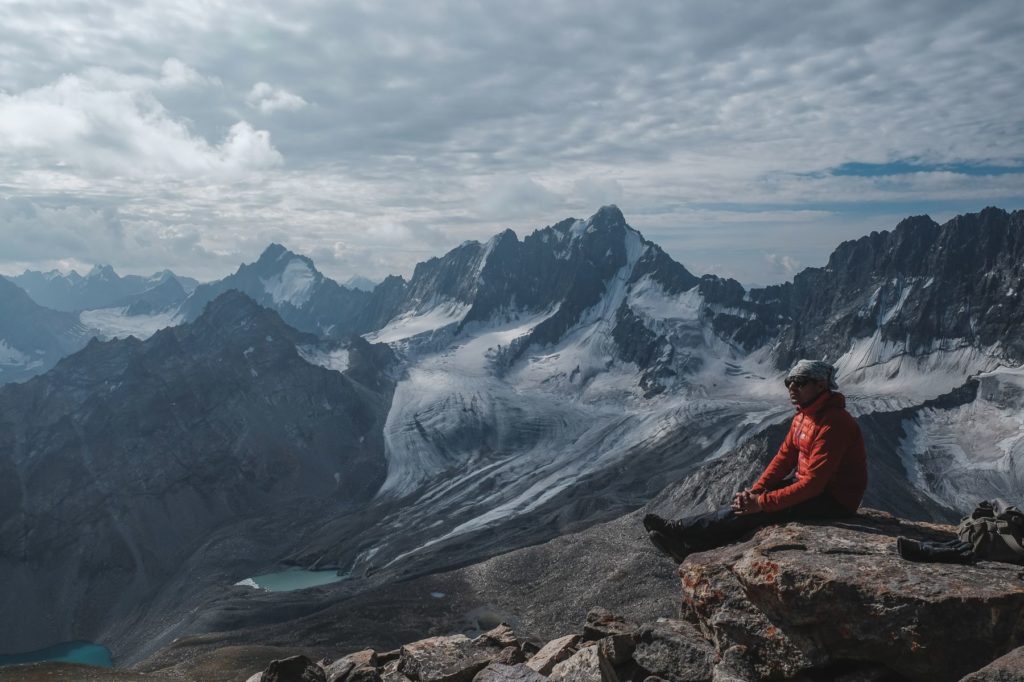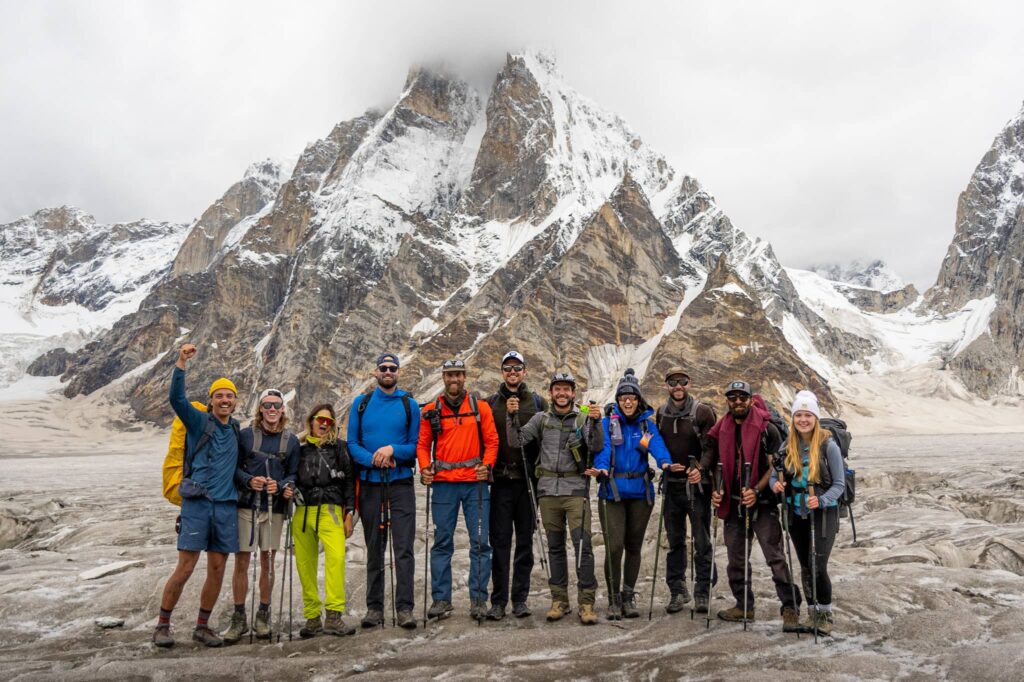When people hear the word “Georgia” uttered, what comes to mind most often is the American state of Georgia and not this tiny, captivating country nestled in the southern Caucasus. The vast majority of people barely know that this amazing land exists and can’t even point it out on a map, much less name just a few basic facts about Georgia.
Known as Sakartvelo in its native language, this nation is packed with fascinating history and culture, unique cuisine, epic scenery, and so much more. Georgia has a lot to offer that most people will miss out on, and that’s a shame, as this country leaves a lasting impression on everyone who visits!
So in this article, we’re swapping peaches for khachapuri and learning about the OG hospitality, not just the Southern variety. We’ve got Georgia on our mind, but sorry Ray; it’s not the one you’re thinking of.
Whether you’re familiar with the region or looking to expand your horizons, Georgia the country is a can’t-miss destination. There’s a lot to know about Georgia before visiting though. Here’s a list of basics you’ll want to know before heading to this incredible country.
Georgia is Home to the Highest Mountains in Europe
The European Alps are by far the continent’s most famous mountain range, But they are, in fact, not its tallest. The Caucasus mountains boast the highest peaks in Europe with a few summits reaching over 5000 meters in altitude, and several more coming close. More than that, these mountains are packed with raw adventure to a degree you won’t find anywhere else in Europe, making Georgia one of the best places around to have a truly unique adventure.
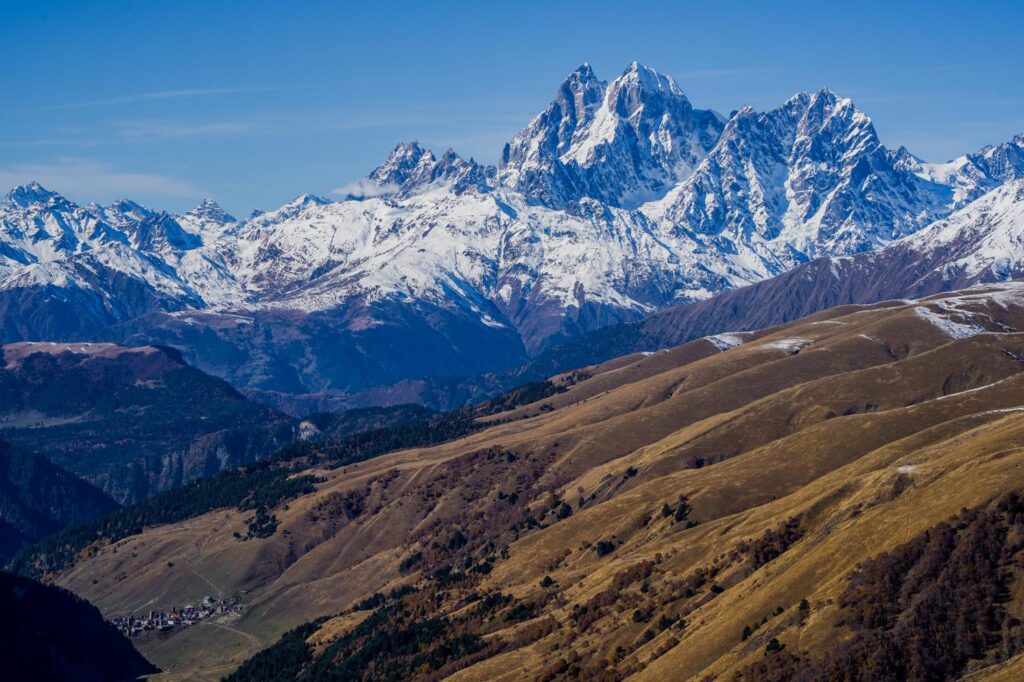
The mountains and trails of this country are far less developed than their Western European counterparts, making them much rawer and more untouched than most similar places you’ll find in Europe. There’s a singular beauty to these mountains and much of that is owed to their untamed nature.
Georgia’s topography is surprisingly diverse for being such a small country, but the high mountains stretch essentially from end-to-end across the northern border with Russia. Whether you’re looking for an easy day hike that lasts a few hours, a multi-day trek through gorgeous scenery, or more serious mountaineering, the Caucasus mountains have got you covered.
Georgia is the Birthplace of Wine
Georgia is an ancient nation, and is likely the birthplace of one of humanity’s most cherished culinary inventions: wine.
The wine culture here runs deep, and Georgians make no secret of having pride in their wine. There are countless wineries across the country, but the eastern Kakheti region is especially renowned for its vineyards and excellent blends. Defined by rolling, green hills and historic buildings dotting the landscape, Kakheti is a lush wine country that is much easier on the wallet than comparable places in Italy or France, and just as beautiful.

Georgian wine is undeniably unique, boasting many blends that you simply won’t find anywhere else. Amber wine in particular is a must-try and is famous for its “earthiness”: you’ll either love it or not be a fan of it at all. Khinzmaruli is the far more popular palatable drop but, like most Georgian wines, does tend to be on the sweeter side.
No matter what your preference though, you’re sure to find the right variety for you. Drinking wine is an essential part of the Georgian experience.
The Soviet Era Made a Huge Impact on Modern Georgia
Georgia endured Soviet occupation for decades and that has left prominent scars on modern Georgian society. Architecture, language, demographics, and more were all heavily affected by the Soviet era.
Most people in the older generations understand and speak Russian fluently, and the language is still taught at schools, though younger generations usually refuse to speak it. It is also visible throughout Georgia on street signs, old buildings, and tourist ads. On top of that, there are many Russians living in Georgia today, so many to the point that demographics have been influenced as a result.

Visitors will also see countless Soviet-era apartment buildings dotting the landscapes of the cities, defined by their concrete, Brutalist architectural style. These buildings have been continuously inhabited for several decades and still serve as homes for countless Georgians, and there are countless Soviet-era monuments still present throughout Tbilisi.
Georgia is Renowned for its Sulfur Baths
Georgia is home to a disproportionately huge amount of sulfur fields. Over the centuries, Georgians have sought to take advantage of this by building baths on top of the country’s many deposits.
According to legend, the modern capital of Tbilisi was founded in the 5th century after a king discovered sulfurous hot springs while hunting. Sulfur baths are so central to Georgian culture that you’ll find them nearly everywhere a sulfur deposit can be found as long as the location isn’t completely remote.
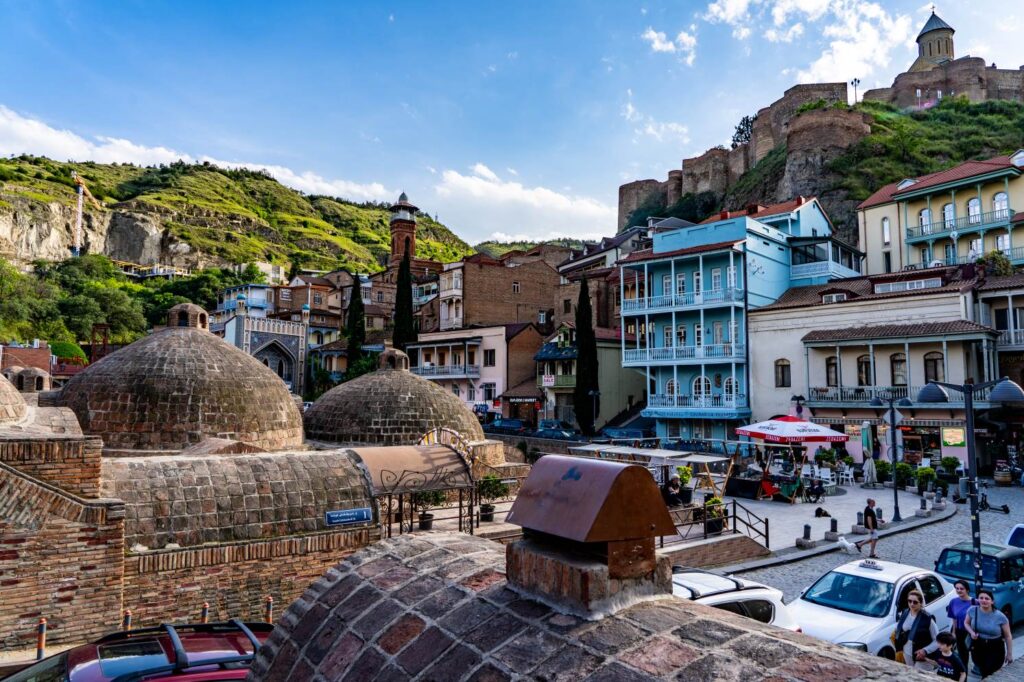
Sulfur baths are wonderful places to visit and a great way to relax after spending some time adventuring through the Caucasus. The smell is not always ideal, but it’s far cheaper than comparable experiences in more developed countries. Nothing beats a good soak after a long, strenuous trek.
Georgia Maintains Good Relations with It's Neighbors
It seems that every other news bulletin we receive from the Caucasus has to deal with some border skirmish or generations-old transgression.
Armenia and Azerbaijan have practically been at war over a disputed territory since the turn of the century. Turkey meanwhile still denies the Armenian Genocide that the Ottomans carried out after WW1, which is (understandably) a sticking point in the sides of Armenians.
All this has led to some disapproving governments and a lot of closed borders.
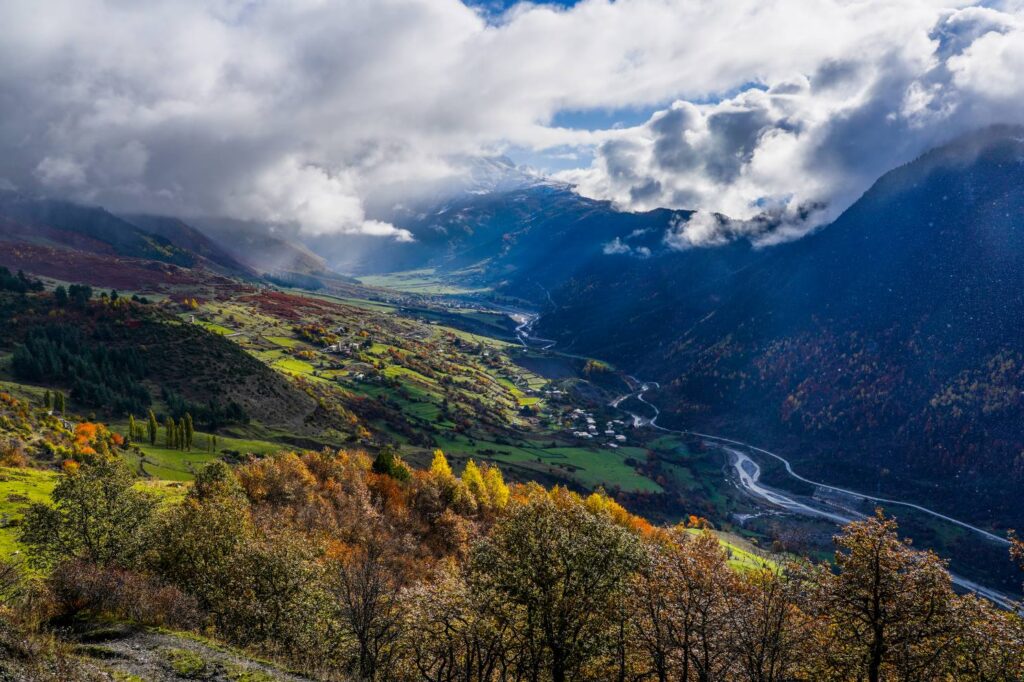
Luckily, Georgia maintains cordial relations with almost all of its neighbors, arguably with the exception of Russia (but who enjoys sharing a border with that country anyway). This means travelers can freely cross into Armenia, Azerbaijan, and Turkey from Georgia itself.
One unintended consequence of this is that a lot of travelers will use Georgia either as a base for exploring the Caucusas or as a gateway to access the rest of the region. People will often backtrack to Georgia from places like Armenia or Azerbaijan or Armenia just to get somewhere else.
To borrow a phrase: all roads lead back to Georgia it seems.
Georgia has a Distinct Culture and Language
Georgia’s many provinces all contribute to a one-of-a-kind social fabric and culture that stands out not only in the region, but globally. Each province is distinct from its neighbors and yet manages to be completely, uniquely Georgian. Svaneti, Kakheti, and everywhere in between all offer cultural experiences as only Georgia can.

Depending on how you count, Georgia is around 3000 years old, and its language is just as ancient. Spoken by less than five million people (probably closer to four million) worldwide, the Georgian language may not be widely known but it is unquestionably special.
The language has utilized an elegant, visually striking script for thousands of years, and throughout that time countless works of literature have first been written in Georgian. Arguably the most famous among them being the tale of Queen Shushanik, which is one of the earliest known pieces of Georgian literature.
Entering Georgia is Easy for Most Nationalities
Georgia has incredibly lax visa policies overall, so it’s very easy to enter the country for most foreigners. Citizens of many countries are eligible for visa-free travel on arrival in Georgia for up to a year. If you’re looking to slow down your pace of travel and stay somewhere for a while, Georgia is hard to beat.
It’s very rare for Georgia to impose strict visa requirements on people of a given nationality. Citizens of Pakistan, for example, will have a very hard time getting approval for travel to Georgia, but that is one of the weakest passports in the world. For most potential visitors, this simply isn’t going to be an issue.
Want to take a walk on the wild side of Europe?
As always, it’s still wise to check the visa requirements that Georgia has instituted for citizens of your country before your trip. Most likely, you won’t have many (if any) issues entering Georgia. You’ll fill out less paperwork, pay less money, and be able to stay much longer than you would in most other countries on the planet.
Georgia Has a Rich History
Being so well-located at the crossroads of Europe and Asia, and finding itself on the edges of multiple historic empires – Russia, Iran, and the Ottoman Empire to name a few – Georgia has a history that is as rich as it is complicated. Georgians have fought multiple wars for their existence and have been occupied countless times. Most recently, it was occupied by the Soviet Union until the early 1990s.
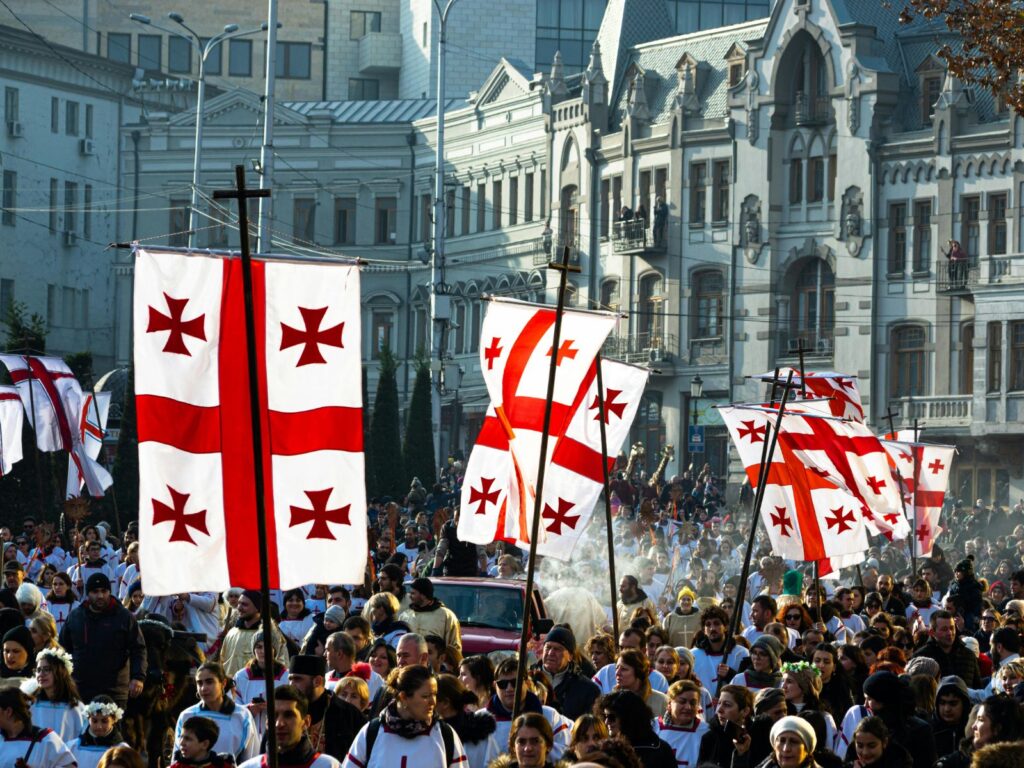
Georgians are proud survivors and historically have endured a lot of hardship. They bear that as a mark of pride, and it plays a huge part in forming Georgian identity today. Georgia has only climbed out of poverty fairly recently, with things being so dire in the 1990s that students did their homework by candlelight as electricity was a luxury only the wealthy could afford.
Nowadays, Georgia is by no means a wealthy country, but it has steadily improved its standing since the 2000s and is absolutely safe to visit. Georgians are slowly getting more opportunities as time goes on and the nation further opens itself to the world.
Getting a Georgian Bank Account is Very Easy
Many countries have strict requirements for foreigners seeking to create a bank account, but not Georgia. This might be one of the easiest countries to open an account in, as the banking system is fairly modern and the rules are pretty relaxed.
Opening a bank account here can take as little as an hour or two, so long as you’ve got the right documents on hand. You’ll need to bring your passport with you, and the teller will guide you through the very simple process.

In what seems like the blink of an eye compared to similar procedures in other countries, you’ll have a new bank account up and running and a credit/debit card will be available for pickup at the bank the next day. It is important to note, though, that citizens of the United States will also have to fill out a U.S. tax form.
Georgia is Far Cheaper than Most of Europe
Traveling much of Europe – western European countries in particular – is infamously expensive, and getting even more so with each passing year. For example, a dorm bed in Rome can cost as much as $70 per night during the summer months!
Georgia, on the other hand, is one of the cheapest destinations in Europe, no matter when you visit. While still not as cheap as countries like Vietnam or Thailand, it is much, much more budget-friendly than most of its Western competitors. To the relief of travelers everywhere, Georgia is not a place that’s going to break the bank.
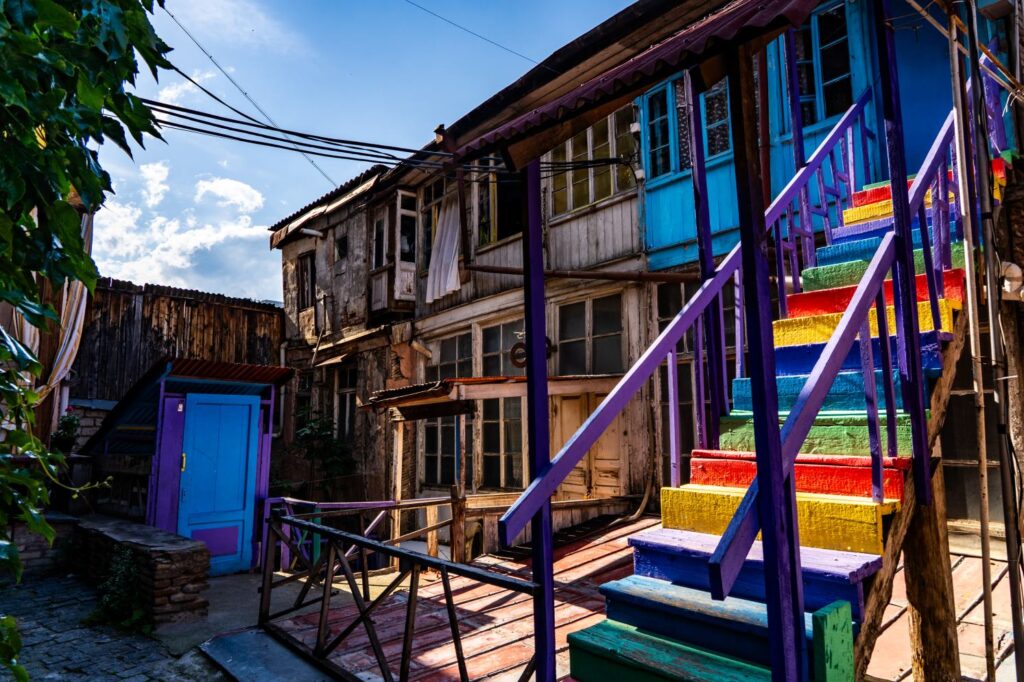
You’d have to work really hard to spend a lot of money here. Compared to Switzerland, for instance, where it feels like you sneeze and suddenly you’re out $200, money goes a long way in Georgia. Meals, accommodation, drinks, and everything in between won’t do too much damage to the wallet.
Wrap up: Things to Know Before Going to Georgia
In many ways, Georgia is a microcosm of various other countries within Europe. Georgia offers a lot of things that different European countries do – wine, architecture, mountains, spas, and more – all in one small country!
This is a one-stop shop for experiencing all that a European country has to give to travelers, all while being easier on the bank account at the same time – and more adventurous. Whether you’re looking to wander through cobblestoned streets lined by rustic buildings, sample your way across wine country, or trek through epic mountainous terrain, a Georgia itinerary has something for everyone.
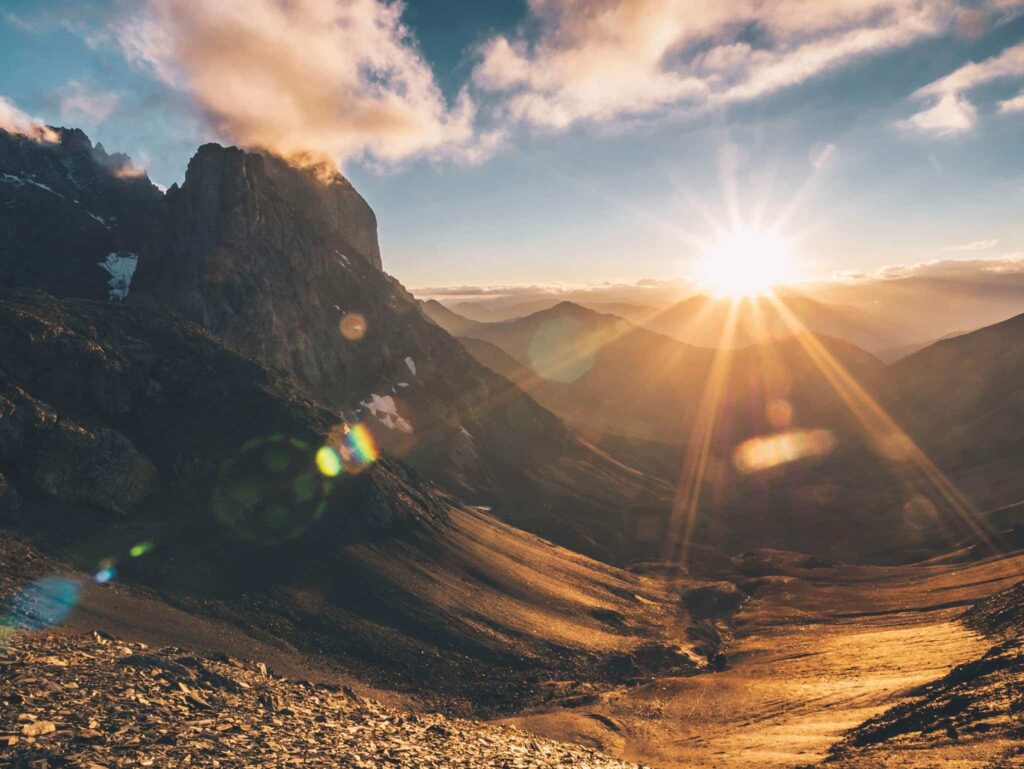
Georgia is home to rich heritage, delicious food and wine, and spectacular mountains that make a powerful mark on all who experience them. It also offers a way to get off the beaten path and discover a land that all too often is overlooked as a destination.
Ready to visit already? Join Epic on a 14-day hiking trip in Georgia that happens every year! We’ll visit remote alpine villages, forgotten churches, and some of the most beautiful settings in the Caucasus. Inquire today and save your spot!

